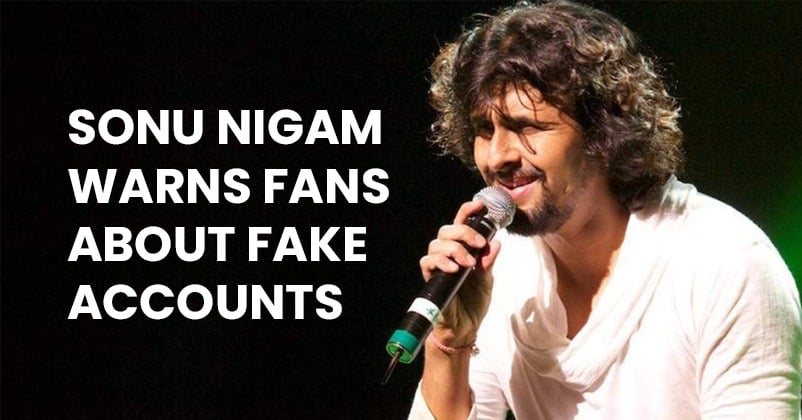Online frauds are rising rapidly in India, with scammers using increasingly sophisticated tactics to deceive people. From phishing emails and fake investment schemes to identity theft and social media impersonation, cybercriminals are targeting users across all age groups. The growing reliance on digital platforms for banking, shopping and communication has made individuals more vulnerable to fraud. Often, scammers pose as bank officials, tech support agents or even celebrities to gain trust and extract sensitive information.

With AI-driven scams also on the rise, it’s crucial to double-check links, avoid sharing personal data with unknown contacts and stay updated on common fraud methods. Public awareness and cyber hygiene practices are essential to stay safe. The government and tech companies are taking steps to improve digital security but users must also take responsibility for protecting their online presence. Staying cautious and informed is the best defense against falling victim to online fraud.
Recently the famous playback singer Sonu Nigam also became the target of an online fraud and with a heartfelt and cautionary message, he stepped forward to spotlight the growing threat of identity theft on social media.
The acclaimed artist, beloved for his timeless voice, shared his own unsettling experience of being impersonated online. Through a series of messages posted on his official Instagram account, he urged fans to remain alert and not fall prey to fraudulent profiles using his name.

Sonu Nigam’s message was both a personal revelation and a public service announcement. In his post, he sounded the alarm over certain accounts on X (formerly Twitter) that have been masquerading as him. Marking the post with a prominent note titled “Important,” he wrote, “It has come to my attention that someone has been misusing my identity online,” and further clarified, “Please note that no one from my team has ever reached out to anyone on my behalf for any reason. If someone claims to be from my management and contacts you out of the blue, please treat it with caution!”
Shedding more light on the situation, the singer disclosed that he has not been active on X for the past eight years. Despite his absence, impostors have been using his name — and at times the guise of his management team — to post content, including controversial remarks. Addressing the seriousness of this, he added, “Also, I have NOT been on Twitter/X for the last 8 years. A few accounts that people may believe to be mine, are actually being run by someone else, often posting controversial things under my name.”
Check out Sonu Nigam’s post:
In his call to action, Sonu Nigam appealed to his followers to help create a safer digital environment. He encouraged everyone to report and block any suspicious accounts or messages that misuse his identity. The message wasn’t only a warning — it was also a gesture of gratitude. Closing his note, he acknowledged those who had alerted him to the issue, saying, “Thank you to those who’ve flagged the issue to me. And thank you so much, my extended family, for your continued support and understanding.”

This incident comes as a reminder that even public figures are vulnerable in the vast digital landscape. Just earlier this year, fellow singer Shreya Ghoshal experienced a similar breach when her X account was hacked. Though she eventually regained control with the platform’s support, the episode further underscores the urgent need for improved security protocols on social media.
Sonu Nigam’s open statement not only brings attention to his personal experience but also amplifies a broader concern — digital impersonation is real and the onus lies on platforms and users alike to stay vigilant.





